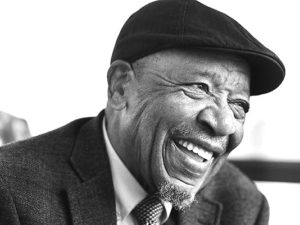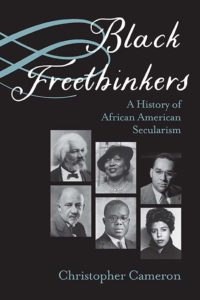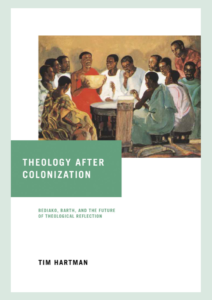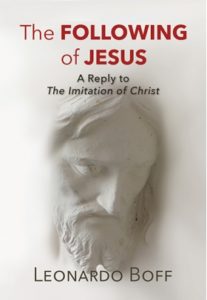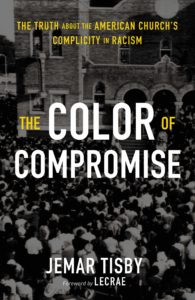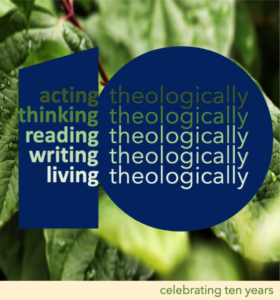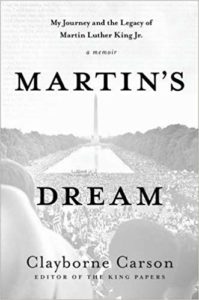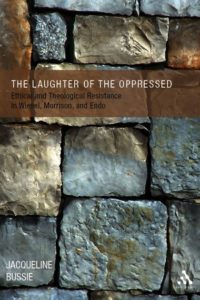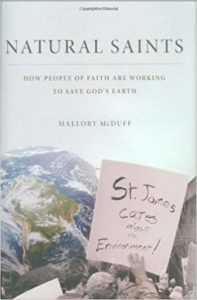
On the Lived Theology Reading List: Natural Saints
There is a growing literature addressing the connections between American religion and environmentalism. In Natural Saints, Mallory McDuff, a professor of environmental education at Warren Wilson College, focuses readers’ attention on the specific case studies of religious people who have struggled to respond to climate change and ecological devastation. Read More

